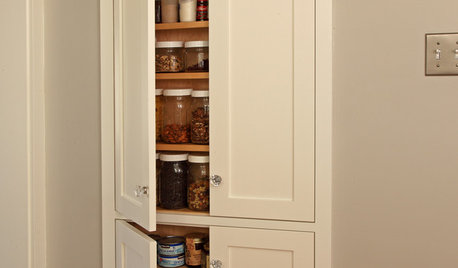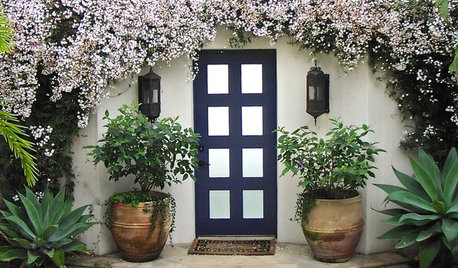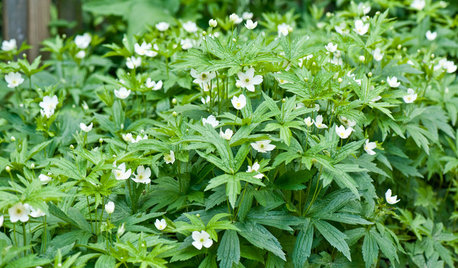Using tap water to wet bedding?
thedogsLL
11 years ago
Related Stories

THE HARDWORKING HOMEHow to Tap Your Hall Closet’s Storage Potential
The Hardworking Home: Check out these design ideas for every space and budget
Full Story
MATERIALS10 Ways to Tap Into Plywood's Unfussy Appeal
It’s been a staple sturdy raw material for a long time, but now plywood is becoming a feature in its own right
Full Story
STORAGETap Into Stud Space for More Wall Storage
It’s recess time. Look to hidden wall space to build a nook that’s both practical and appealing to the eye
Full Story
FEEL-GOOD HOMETap Into Your 5 Senses to Find More Peace at Home
Counteract screen overload and stress by rediscovering basic ways to enjoy life
Full Story
ENTERTAININGHome Bars Tap Into Guy-Friendly Style
Belly up to rich wood, sports memorabilia and plenty of beer — pub spaces are letting guys run wild without leaving home
Full Story
SAVING WATER11 Ways to Save Water at Home
Whether you live in a drought-stricken area or just want to help preserve a precious resource, here are things you can do to use less water
Full Story
DECORATING GUIDES11 Wonderful Ways to Use Wool Around the Home
Natural and durable, wool is a stylish and practical choice for upholstery, rugs and bedding
Full Story
PATIOSLandscape Paving 101: How to Use Brick for Your Path or Patio
Brick paving is classy, timeless and a natural building material. Here are some pros and cons to help you decide if it’s right for your yard
Full Story
GARDENING AND LANDSCAPINGThat Gap Under the Deck: Hide It or Use It!
6 ways to transform a landscape eyesore into a landscape feature
Full Story
GARDENING GUIDESGreat Design Plant: Anemone Canadensis Adds Pizzazz to Water’s Edges
Plant Canadian anemone along pond, lake or stream edges for a splash of white flowers in late spring
Full StoryMore Discussions






11otis
JerilynnC
Related Professionals
Windham Landscape Architects & Landscape Designers · Ashburn Landscape Architects & Landscape Designers · Edmond Landscape Contractors · Arlington Landscape Contractors · Bell Gardens Landscape Contractors · Bellefontaine Neighbors Landscape Contractors · Coeur d'Alene Landscape Contractors · Setauket-East Setauket Landscape Contractors · Tehachapi Landscape Contractors · West Chester Landscape Contractors · Hillsboro General Contractors · Klahanie General Contractors · Middletown General Contractors · Pepper Pike General Contractors · Phenix City General Contractorsequinoxequinox
Shaul
JerilynnC
thedogsLLOriginal Author
11otis
equinoxequinox
JerilynnC
equinoxequinox
thedogsLLOriginal Author
sbryce_gw
Shaul
thedogsLLOriginal Author
11otis
JerilynnC
thedogsLLOriginal Author
User
thedogsLLOriginal Author
Shaul
thedogsLLOriginal Author